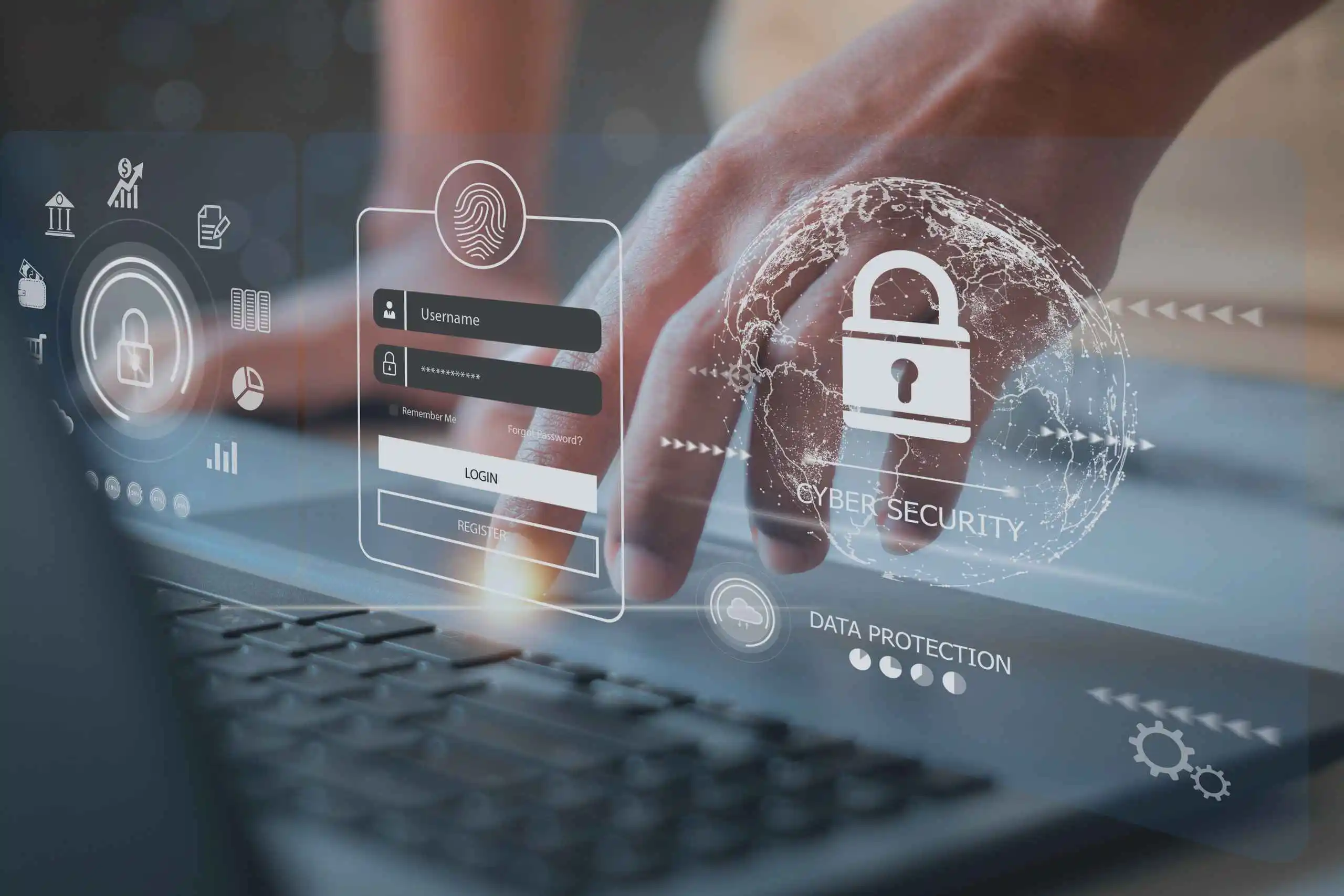Top Cybersecurity Practices for Small Businesses
Cybersecurity is very important for small businesses. Hackers can attack small businesses just as they do big companies. Here are some top cybersecurity practices to protect your business.
1. Use Strong Passwords
Strong passwords are hard to guess. Use a mix of letters, numbers, and symbols. Change passwords regularly. Do not use the same password for different accounts.
2. Install Antivirus Software
Antivirus software helps to keep your computer safe. It scans for viruses and malware. Make sure to update the software often.
3. Enable Firewalls
Firewalls act as a barrier. They block unauthorized access to your network. Ensure that your firewall is always on and updated.
4. Backup Your Data
Always backup important data. Use external hard drives or cloud storage. Backup data regularly to avoid data loss.
5. Use Multi-Factor Authentication
Multi-factor authentication adds an extra layer of security. It requires more than one method of verification. This makes it harder for hackers to access your accounts.
6. Train Employees
Employees need to know about cybersecurity. Teach them how to identify phishing emails. Make sure they understand the importance of strong passwords.
7. Secure Wi-Fi Networks
Ensure your Wi-Fi network is secure. Use strong passwords and encryption. Do not use public Wi-Fi for business activities.
8. Update Software Regularly
Software updates fix security flaws. Always install updates promptly. This includes operating systems, applications, and antivirus software.
9. Limit Employee Access
Not all employees need access to all data. Limit access to sensitive information. This reduces the risk of data breaches.
10. Monitor Your Systems
Regularly monitor your systems for suspicious activity. Use tools that alert you to potential threats. This helps you respond quickly to any issues.
11. Use Encryption
Encryption protects your data. It converts data into a code that only authorized users can read. Use encryption for sensitive information.
12. Secure Physical Devices
Keep physical devices secure. Lock computers and use security cables. Make sure only authorized personnel can access them.
13. Develop a Cybersecurity Policy
A cybersecurity policy helps guide your employees. It outlines rules and practices for protecting your data. Make sure all employees understand and follow the policy.
14. Plan for Incidents
Have a plan in case of a cyber attack. Know how to respond and who to contact. This helps you recover quickly from an incident.
15. Use Secure Payment Methods
Use secure payment methods for transactions. This protects your business and customers. Ensure your payment systems are compliant with security standards.
Cybersecurity is crucial for small businesses. Implement these practices to protect your data. Stay vigilant and keep your business safe from cyber threats.
| Practice | Description |
| Strong Passwords | Use a mix of letters, numbers, and symbols. Change regularly. |
| Antivirus Software | Scans for viruses and malware. Update often. |
| Firewalls | Block unauthorized access. Keep them updated. |
| Data Backup | Backup data regularly using external drives or cloud storage. |
| Multi-Factor Authentication | Adds an extra layer of security with more than one verification method. |
| Employee Training | Educate employees about cybersecurity threats and practices. |
| Secure Wi-Fi | Use strong passwords and encryption for Wi-Fi networks. |
| Software Updates | Install updates promptly to fix security flaws. |
| Limit Access | Restrict access to sensitive information to reduce risk. |
| System Monitoring | Regularly check systems for suspicious activity. |
| Encryption | Protect data by converting it into a code. |
| Secure Devices | Lock computers and use security cables. |
| Cybersecurity Policy | Outline rules and practices for data protection. |
| Incident Plan | Have a response plan for cyber attacks. |
| Secure Payments | Use secure methods for transactions to protect data. |







